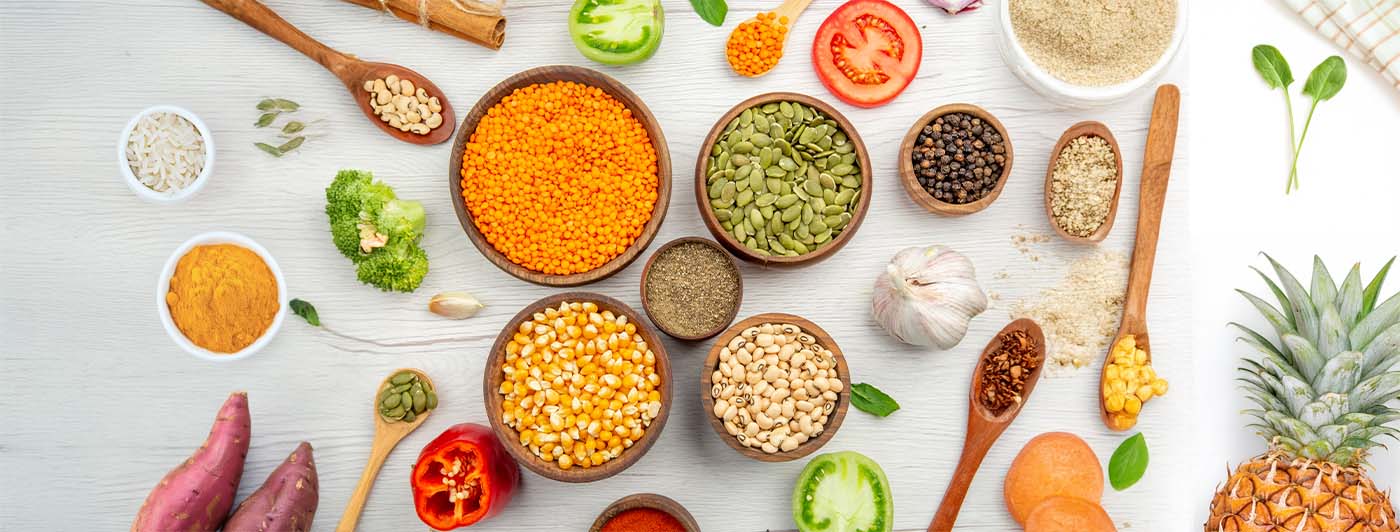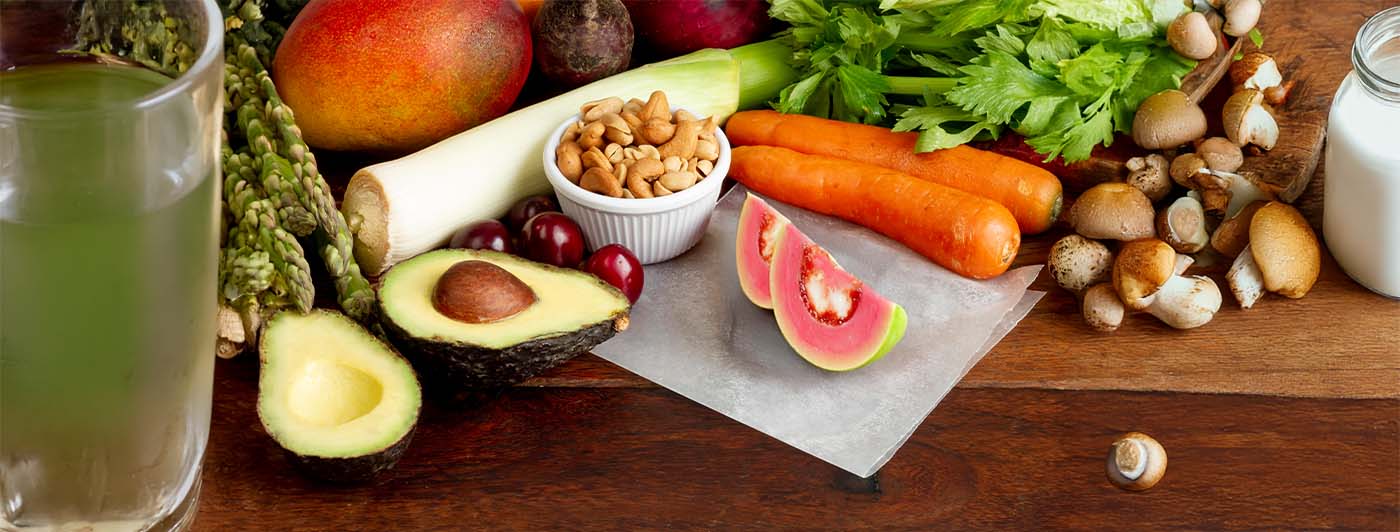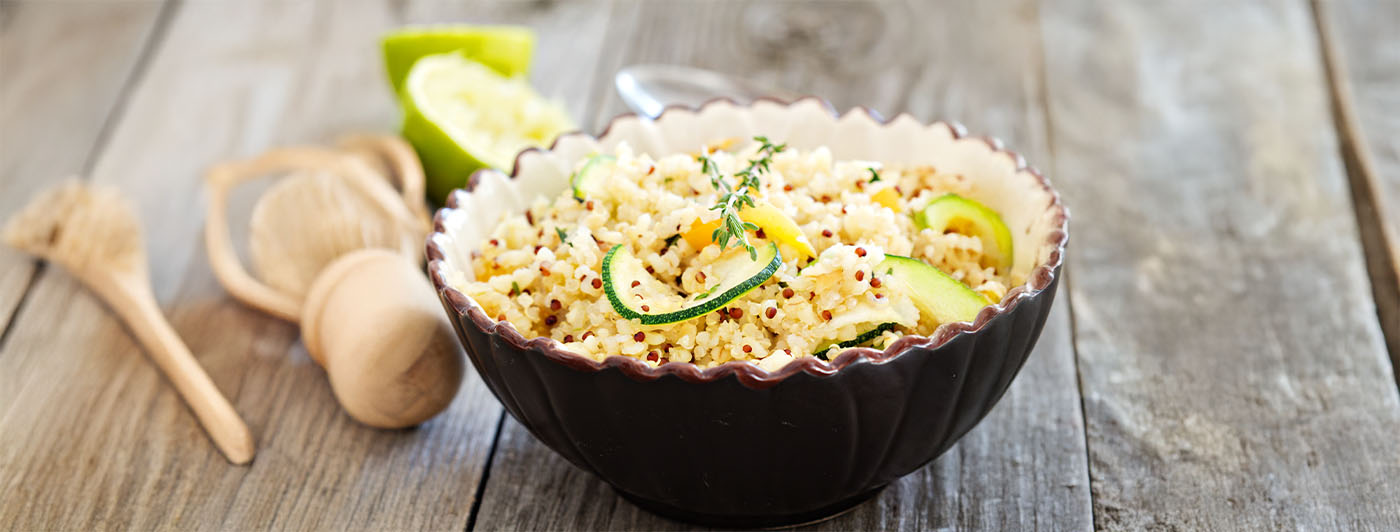Think calcium and omega-3s are enough for strong bones and a sharp mind? Think again. There’s a powerful yet often overlooked mineral that plays a key role in both: manganese.
This trace mineral supports bone strength, brain function, collagen production, and energy metabolism. And it’s found abundantly in foods like whole grains, legumes, leafy greens, and plant protein sources.
In this guide, we explore 12 manganese rich foods that are easy to add to your diet—and essential for long-term health. Let’s dive in.
Why You Need Manganese in Your Diet
Manganese is a trace mineral essential for:
-
Bone development and maintenance
-
Brain function and neurotransmitter synthesis
-
Antioxidant defense, especially as part of the enzyme superoxide dismutase (SOD)
-
Metabolism of carbohydrates, proteins, and fats
A deficiency may lead to poor bone health, memory issues, and metabolic slowdown. Thankfully, getting enough is simple when you focus on manganese rich foods across your meals.
Recent research highlights manganese’s critical role in bone regeneration and density, particularly through its influence on osteoblast activity and antioxidant defense mechanisms like the RANK/RANKL/OPG pathway.
Top 12 Manganese Rich Foods
1. Pumpkin Seeds
Pumpkin seeds are a crunchy superfood packed with manganese, magnesium, zinc, and healthy fats. Just a 30g serving delivers nearly 1.3 mg of manganese, covering over 50% of your daily needs.
As one of the most concentrated manganese rich foods, they’re easy to sprinkle over salads, blend into smoothies, or mix into homemade zero calorie snacks like roasted seed bars to boost both nutrition and flavor.
2. Brown Rice
Whole grains like brown rice are excellent manganese rich foods, offering over 80% of the RDI in just one cooked cup.
Brown rice is also a slow-digesting carb, ideal for blood sugar stability, weight management, and long-term energy—making it a smart base for lunches and dinners.
3. Chickpeas
Chickpeas provide not just protein and fiber, but also manganese—around 1.7 mg per cup. Whether you enjoy them in hummus, curries, or roasted as snacks, they’re a delicious way to fuel your bones and brain.
Fun fact: Chickpeas are one of the most versatile manganese rich foods, and when paired with plant based protein powder, they help round out your amino acid profile for better muscle maintenance and recovery.
4. Spinach
This leafy green isn’t just a source of iron—spinach also shines as one of the most powerful manganese rich foods, delivering about 1 mg per cooked cup.
Spinach is great in everything from smoothies to sautéed side dishes. Pair it with vitamin C rich foods in India like amla or bell peppers to enhance iron absorption and maximize nutrient synergy.
5. Pineapple
Pineapple offers a tropical twist to your manganese intake, with 1.5 mg per cup of fresh fruit. It's also rich in bromelain, a digestive enzyme, and adds natural sweetness to smoothies and drinks to reduce belly fat.
Tip: Try blending pineapple with cucumber and mint for a refreshing morning detox drink.
6. Oats
Steel-cut or rolled oats are a staple breakfast item that also happen to be high in manganese. One cup of cooked oats provides around 2.1 mg, helping you meet your daily requirements with ease.
As one of the most accessible manganese rich foods, oats pair well with a variety of toppings for both taste and nutrition.
Pro Tip: Add a tablespoon of chia seeds for skin benefits—their omega-3s help reduce inflammation and enhance skin elasticity, making this combo great for both wellness and beauty.
7. Black Tea
Surprisingly, your daily cup of tea can contribute to your manganese levels. Black tea contains up to 0.5 mg per cup, depending on how strong it's brewed.
While not among the top manganese rich foods, it’s a consistent and enjoyable way to complement your intake—especially if you're already sipping for its cognitive-boosting L-theanine content.
8. Tofu
Tofu is not just rich in protein—it also supplies about 0.8 mg of manganese per half-cup. Its versatility means you can enjoy it stir-fried, grilled, or added to soups.
For vegetarians, combining tofu with plant protein sources like quinoa or lentils can help meet daily protein needs without relying on meat.
9. Mussels
If you’re non-vegetarian, mussels are a manganese powerhouse. A 3-ounce serving can offer up to 5 mg of manganese—well beyond the daily recommended intake.
They’re also rich in creatine, making mussels one of the few naturally creatine rich foods that support muscular strength and cognitive performance.
10. Cloves
Among all spices, cloves are surprisingly rich in manganese. Just 1 tsp of ground cloves contains 1.2 mg, making it an antioxidant-rich spice to include in your teas, curries, and desserts.
Regular inclusion of such spices can enhance metabolic rate and support bone healing over time.
11. Sweet Potatoes
Sweet potatoes are not only a vibrant and delicious carb source—they’re also manganese rich foods, providing 0.6 mg per medium-sized tuber.
Baked, mashed, or turned into air-fried wedges, they support bone health through both manganese and potassium content.
12. Peas (and Pea Protein)
Green peas offer modest amounts of manganese, about 0.5 mg per cup, and are high in fiber and vitamins. Their extracted form—pea protein powder—is a great option for those looking to increase protein without dairy, especially when blended into post-workout smoothies.
When used alongside the protein intake calculator, pea protein can help you hit your macros without adding excessive calories.
How to Add Manganese Rich Foods to Your Diet
Incorporating manganese rich foods into your meals is easy with a few smart swaps:

-
Breakfast: Start with oats topped with chia seeds, pineapple, and a pinch of cloves. Or make a smoothie with spinach, peas, and pea protein powder.
-
Lunch: Use brown rice or chickpeas in grain bowls or add tofu and sweet potatoes to stir-fries.
-
Snacks: Munch on roasted pumpkin seeds or make granola with oats and moringa seeds—great as zero calorie snacks.
-
Dinner: Try curries with chickpeas or peas, and serve with baked sweet potatoes.
-
Drinks: Sip black tea or pineapple-based detox drinks to boost manganese and hydration.
-
Supplements: If taking collagen (like for collagen for skin whitening), pair with a manganese-rich meal for better support.
Just a few additions daily can help you meet your needs for bone and brain health.
Manganese & Collagen Connection
Manganese plays a vital biochemical role in collagen formation, particularly by acting as a cofactor for the enzyme prolidase, which helps generate proline—a key amino acid in collagen synthesis and wound healing. Without adequate manganese, your body may struggle to produce the structural proteins that keep skin firm, joints resilient, and connective tissue strong.
This makes manganese especially important if you're consuming collagen for skin whitening, joint care, or anti-aging benefits. Collagen is primarily composed of amino acids like glycine, proline, and hydroxyproline—but manganese enables the enzymatic processes that stabilize and cross-link these amino acids into functional, durable collagen fibers.
If you’ve ever wondered when to drink collagen powder, consider pairing it with a manganese-rich meal—such as oats topped with chia seeds or a smoothie with spinach and pineapple. This combination may improve collagen absorption and synthesis, making your routine more effective.
According to research, manganese is essential for the activation of prolidase, which in turn plays a critical role in collagen production in human skin cells.
Final Thoughts
Manganese may be a trace mineral, but its impact on bone strength, brain clarity, and metabolic health is major. From legumes and leafy greens to tropical fruits and plant protein, manganese rich foods are easy to include in your everyday meals.
Combine them with nutrients like vitamin C, calcium, and omega-3s for full-spectrum wellness. Whether you're using a protein intake calculator, adding chia seeds for skin, or choosing Plantigo’s plant protein for clean nutrition—don’t forget manganese.
Eat smart. Stay strong. Let manganese do the heavy lifting in the background.
Frequently Asked Questions
1. What are the signs of manganese deficiency?
Manganese deficiency can lead to weak bones, fatigue, poor memory, slow wound healing, and mood changes. In children, it may affect growth and bone formation. Though rare, it can result from poor diet or malabsorption issues.
2. How much manganese do I need daily?
Adult men need about 2.3 mg of manganese per day, while women need around 1.8 mg. Needs slightly increase during pregnancy and breastfeeding. Most people meet these requirements through a balanced diet rich in whole grains, legumes, and leafy greens.
3. Can too much manganese be harmful?
Yes. While manganese from food is generally safe, excessive intake from supplements or contaminated water can lead to toxicity. High levels may affect the nervous system, causing symptoms like tremors or memory issues.
4. Does manganese help in collagen production and skin health?
Absolutely. Manganese activates enzymes like prolidase, which are essential for collagen formation. This supports skin firmness, elasticity, wound healing, and joint health, making manganese key for healthy skin and connective tissues.
5. Which foods are highest in manganese?
Top manganese rich foods include oats, brown rice, chickpeas, spinach, pumpkin seeds, mussels, black tea, and cloves. These foods support bone, brain, and metabolic health when included regularly in your diet.












